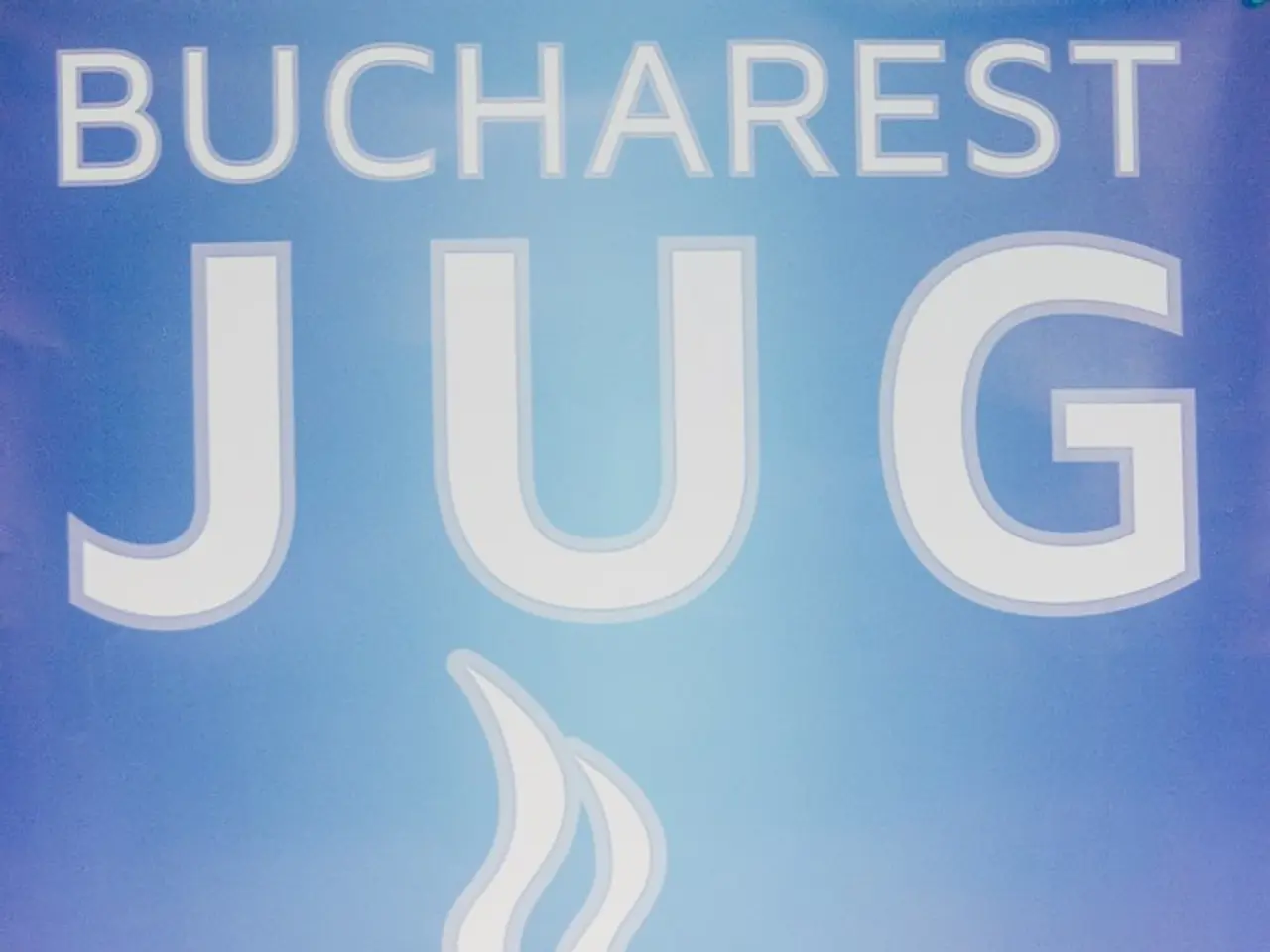Cardano's historical moment as it holds a governance vote; Hoskinson shares his reactions
The Cardano ecosystem has reached a pivotal moment in its growth and evolution, as the governance vote approved direct funding for core development initiatives. This marks a foundational shift in the Cardano ecosystem's growth and evolution.
IOG, the blockchain research and development company behind Cardano's development, commemorated the governance achievement. Delegated Representatives (DReps) and the broader community can now directly participate in shaping the Cardano ecosystem by deciding which initiatives receive funding and move forward.
The first-ever governance vote on Cardano resulted in the direct approval of core development funding by the Cardano community. The Cardano blockchain's governance framework is actively functioning, with 39 treasury withdrawal proposals currently open for voting.
The recent governance vote signifies the beginning of a new phase for the Cardano blockchain, where decisions around core development funding are now community-driven. The Cardano community's efforts have been praised by Input Output Global, which called the recent milestone the beginning of a new era of decentralized governance.
Charles Hoskinson, the founder of Cardano, has shared his thoughts on the network's progress following the milestone. Hoskinson praised the Cardano community for their support and trust, reinforcing the belief that decentralized governance is now operational within the Cardano ecosystem. Hoskinson publicly acknowledged the significance of the governance vote on August 3 on X social media.
Cardano (ADA) has completed its first-ever on-chain governance vote. The governance system is highly decentralized, community-driven, and transparent, distinguishing itself from many other top cryptocurrencies by enabling direct stakeholder participation in significant decisions such as protocol parameter changes, treasury withdrawals, and funding approval for network upgrades through an immutable on-chain voting system.
Key features of Cardano’s governance include:
- Multi-role approval system: Critical governance actions require approval from at least two of three governance entities—Delegated Representatives (DReps), Stake Pool Operators (SPOs), and the Constitutional Committee (CC), ensuring fairness and reducing centralized control.
- Community funding decisions: For the first time in 2025, ADA holders directly voted on treasury funding for core protocol development, approving a multi-year roadmap with strong majority support (~74% voting "yes"). This move marks a shift from centralized development decisions by IOHK or the Cardano Foundation to true community-led funding and development.
- Oversight mechanisms: An Oversight Committee composed of independent third-party organizations helps verify treasury immovability and governance actions, adding further security and community trust via multi-signature smart contract frameworks.
- Proof-of-Stake integration: Cardano’s governance is integrated into its proof-of-stake consensus, empowering holders through staking and voting that directly influence network economics and security.
When compared to other top 10 cryptocurrencies by market capitalization, many still rely on more off-chain governance, foundation-led decisions, or less direct stakeholder involvement. Cardano's on-chain governance is one of the most advanced and community-empowering systems among the top cryptocurrencies by market cap.
This contrasts with the more informal, off-chain, or centralized governance models dominant in Bitcoin, Ethereum, Binance Coin, and many others, making Cardano a leading example of decentralized, stakeholder-driven governance in the crypto space.
In summary, Cardano’s on-chain governance is one of the most advanced and community-empowering systems among the top cryptocurrencies by market cap. It features fully on-chain voting and treasury management, strong multi-party approval processes, transparent funding decisions directly by token holders, and external oversight of treasury actions. This makes Cardano a trailblazer in the realm of decentralized governance.
[1] https://iohk.io/en/blog/posts/2021/08/13/cardano-governance-vote-results-and-what-it-means-for-the-future/ [2] https://cardanoscan.io/treasury/proposals [3] https://medium.com/cardano-stakepool/the-first-cardano-governance-vote-is-live-now-7f915549c19c [4] https://developers.cardano.org/docs/governance/ [5] https://iohk.io/en/blog/posts/2021/07/29/cardano-governance-oversight-committee-announced/
- The governance system on Cardano, a top cryptocurrency, allows direct stakeholder participation in important decisions like protocol parameter changes, treasury withdrawals, and funding approval for network upgrades.
- Gone are the days of centralized development decisions for Cardano, as the first-ever on-chain governance vote results in community-led funding and development.
- In comparison, many other top cryptocurrencies, such as Bitcoin and Ethereum, are still characterized by more informal, off-chain, or centralized governance models.
- Cardano's on-chain governance, featuring fully on-chain voting and treasury management, strong multi-party approval processes, transparent funding decisions directly by token holders, and external oversight of treasury actions, sets it apart as a trailblazer in the realm of decentralized governance.




